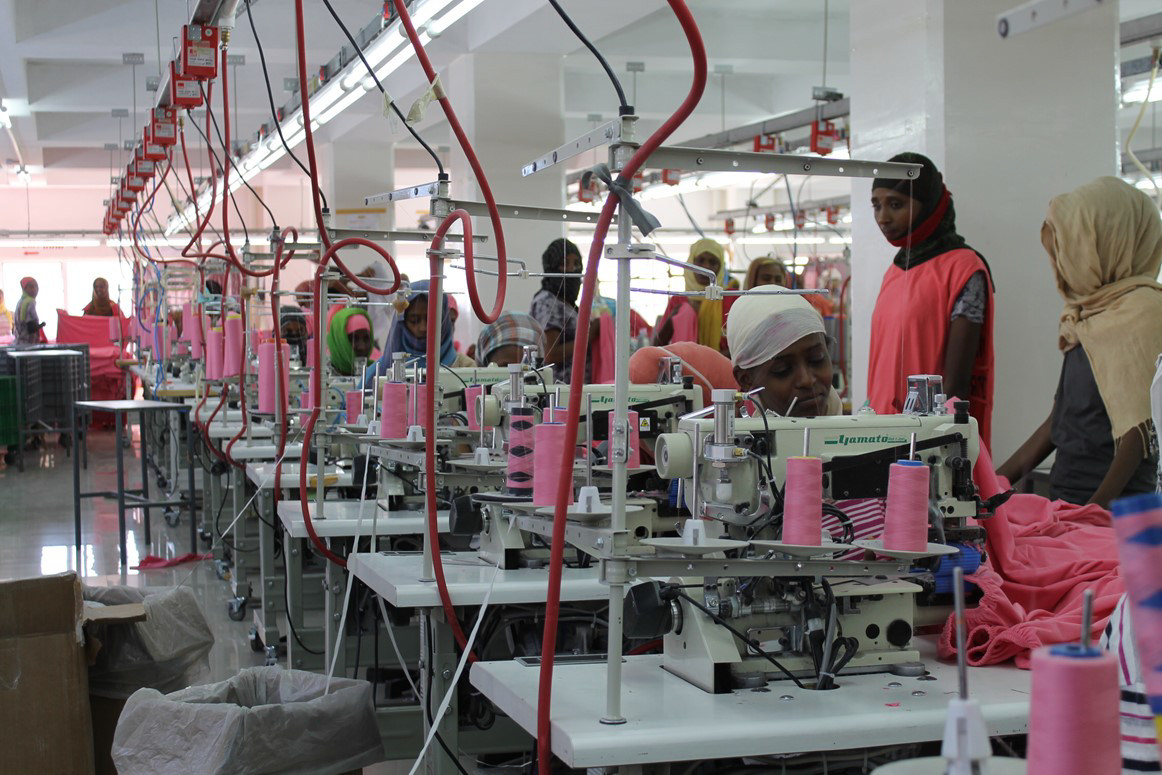Getting social sustainability right in Ethiopia’s textile industry
Africa's Bangladesh
Dangerous working conditions, an underpaid workforce, and forced labour. These are some of the issues that are often reported in connection to the textile production industry in developing countries, and sometimes the issues culminate in human tragedies like the 2013 Rana Plaza scandal in Bangladesh.
Ethiopia’s textile industry is in its early, emerging stages, and the country has been dubbed by some as ‘Africa’s Bangladesh’ – a name which forecasts the country’s potential as a global centre for the textile industry of the future.
However, a boom in international trade and investments has the potential to create obstacles in the social sustainable development of the country.
Influencing social sustainability
In her research project ‘Clothing from Ethiopia: How Civil Society Initiatives Can Contribute to Sustainable Industry Development in Institutional Void Countries’, Sarah Castaldi explores the role of civil society organizations (CSOs) in improving social sustainability in emerging economies like Ethiopia.
CSOs are able to operate beyond the boundaries of for-profit supply chain members, and are thus in a unique position to influence clothing supply chains in a more socially sustainable direction.
Sarah’s inspiration for researching social sustainability in the clothing industry came from the Rana Plaza incident, which occurred around the time that she started her PhD project in 2013. Through her project, she learned that stakeholder groups such as CSOs are critically important in influencing local factories to internalize socially sustainable values.
However, CSOs experience difficulties navigating the infrastructural and social landscape of Ethiopia, which makes research into their role and impact on social sustainability particularly salient.
Prior research in textile supply chains
The thesis was a comprehensive and wide-ranging empirical study of CSR and social issues, involving primary data collection in 11 major textile sourcing countries, such as China, Bangladesh and India.
The new research project is a natural extension of Sarah’s PhD project, ‘Essays on Global Business Networks, Governance, and Institutions’, which explored the ability of multinational enterprises to ensure that their textile supply chains are sustainable.
Sarah Castaldi is a post-doctoral research fellow with the VELUX Chair of Corporate Sustainability at Copenhagen Business School. Her two-year research project begins in August of 2019, and is backed by funding from the Carlsberg Foundation.

Ethiopian women working in the garment industry. Source: Solidaridad.



